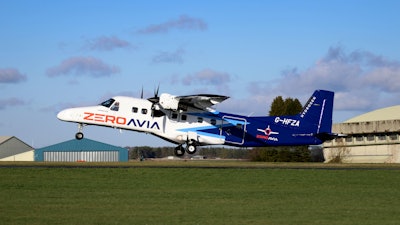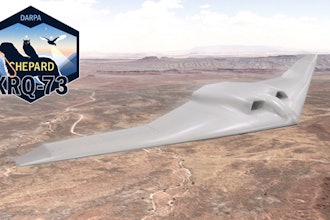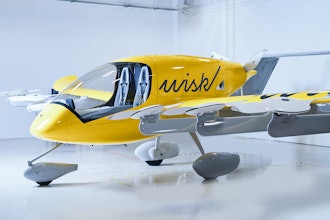
ZeroAvia today announced that Airbus, Barclays Sustainable Impact Capital and NEOM have co-led the company's latest financing round.
Breakthrough Energy Ventures, Horizons Ventures, Alaska Airlines, Ecosystem Integrity Fund, Summa Equity, AP Ventures and Amazon Climate Pledge Fund have also participated in the investment.
This investment will enable ZeroAvia to accelerate progress towards certification of its first engine as well as delivering the company's mission of a hydrogen-electric engine in every aircraft.
In conjunction with the investment, Airbus and ZeroAvia have agreed to collaborate on certification approaches for hydrogen power systems. The companies also intend to work together on a number of critical technical areas, including liquid hydrogen fuel storage, flight and ground testing of fuel cell propulsion systems, and development of hydrogen refueling infrastructure and operations.
ZeroAvia is pursuing hydrogen-electric propulsion systems as the most environmentally friendly and economically attractive solution to aviation's growing climate change impact. The company's hydrogen-electric engines use hydrogen in fuel cells to generate electricity, which is then used to power electric motors to turn the aircraft's propellers, with the only byproduct during flight being water.
Airbus is a global leader in fostering alternative propulsion using hydrogen. Fuel cell systems are an important part of its ZEROe aircraft concepts program, designed to deliver low-carbon emission airframes of various sizes. The industry major has recently ground tested a hydrogen engine concept at 1.2 MW power.
The investment will support ZeroAvia's continued growth and technology development, most notably progressing its first product – ZA600 - through to certification. ZeroAvia recently completed the first stage of flight testing of the prototype ZA600 and is moving to complete design work ahead of certification, targeting 2025 entry-in-service to support up to 20 seat aircraft.
The funding will also enable ZeroAvia to continue to progress its larger engine program - the ZA2000, a 2-5.4 MW modular powertrain designed to support larger commercial aircraft applications. The company is working on retrofitting a Dash 8 400 76-seat testbed demonstrator provided by Alaska Airlines, with a view to first flight testing with a full size engine in 2024. The investment will help ZeroAvia extend the leadership it has established across core in-house technologies for multi-MW class hydrogen-electric engines, including high temperature PEM (HTPEM) fuel cells, advanced electric motors and power electronics, and onboard liquid hydrogen fuel storage.






















